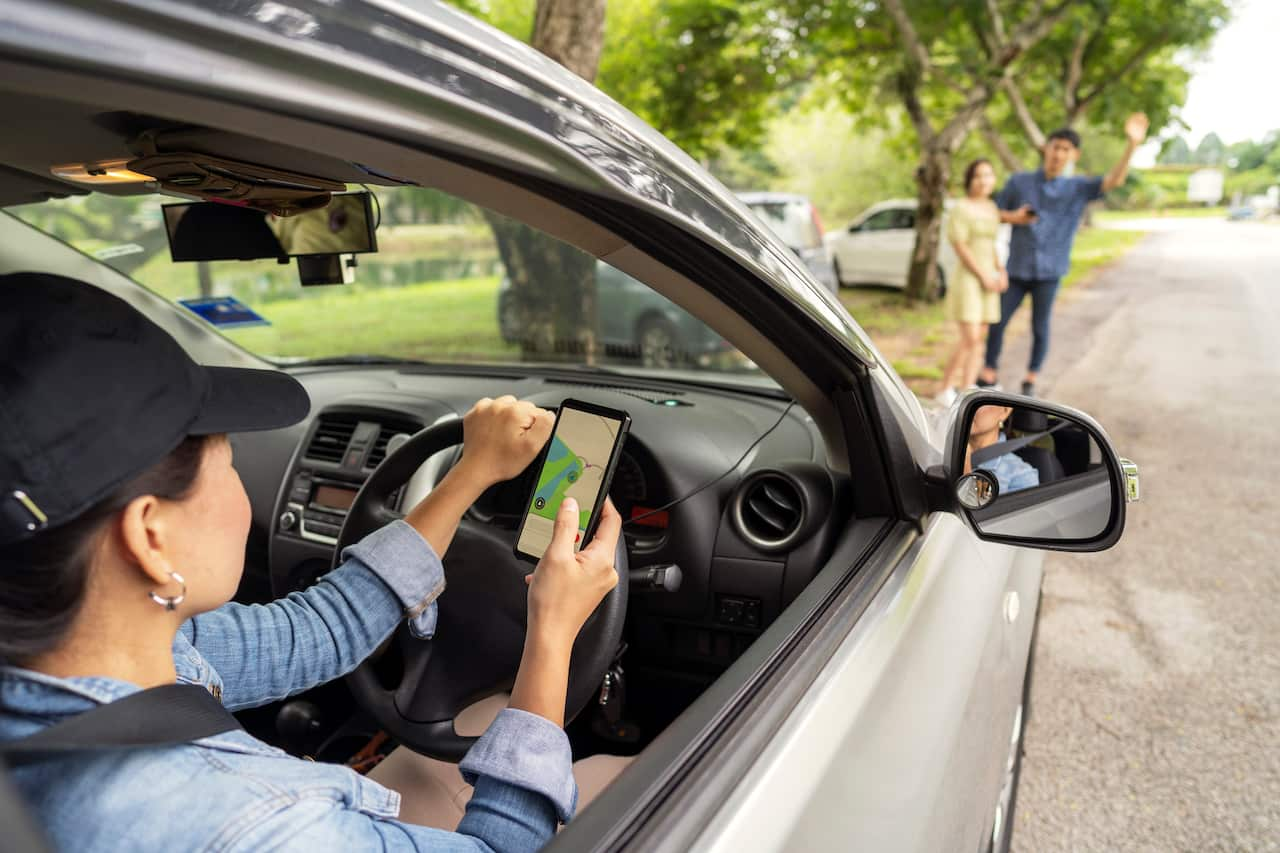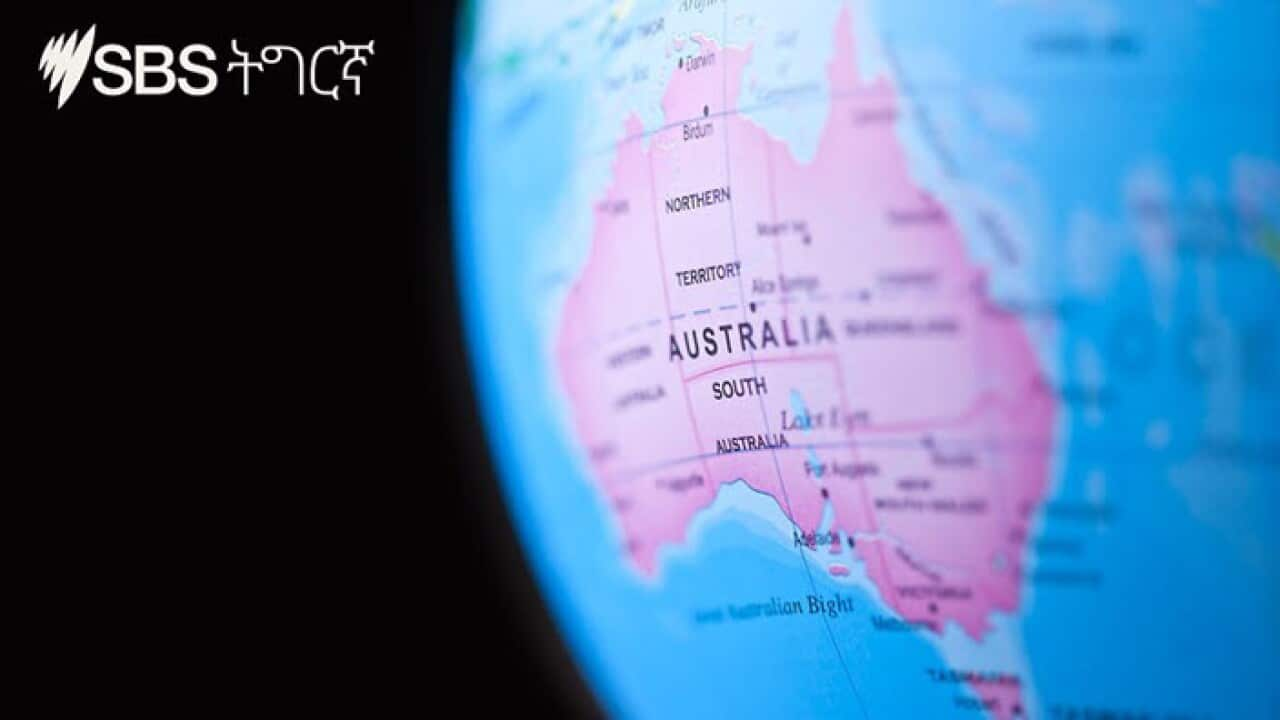Key Points
- While most home business owners register as sole traders, a company structure—though more expensive—may be better suited to higher-risk businesses.
- Check with your local council for any required approvals, and if you're renting, make sure to get your landlord’s permission first.
- Any business that involves children or food is subject to additional licensing requirements and strict safety regulations.

People may not realise that for certain business types you need local council approvals.Alex Solo
This includes wellness professionals, personal trainers, beauticians, and virtually any service provider who sees clients at home.


Early childhood care at home
Early childhood educators can work from home under the Family day care service model, which is part-funded by the Australian government.
Typically, a Family Day Care educator will be registered as a sole trader and contracted by an approved service provider.
Andrew Paterson, CEO of peak body Family Day Care Australia outlines key prerequisites:
- Certificate III in early childhood education and care
- Working with Children Check and Police Check
- First aid and safety qualifications
“Family Day Care operates under national law, so regulatory quality and safety requirements are consistent across the country,” Mr Paterson says.
But educators also need to get council approval, and conditions vary.
Once you register with a Family Day Care approved service, they can support you in managing any local government requirements.Andrew Paterson
General business obligations still apply, Mr Paterson stresses, like tax registrations and adequate insurance.
“Family Day Care is not a babysitting or a childminding service.
“It's important to come into the sector with an understanding that you are an early childhood education professional, but you're also running a business and working in a highly regulated environment.”

Seek support before you start
If you’re new to business, it’s a good idea to seek professional support.
You can also contact the relevant government agency in your state or territory for advice and information about any government-subsidised workshops available.
Chris O’Hare, senior business adviser at the Western Australia's Small Business Development Corporation, encourages new business owners to invest in learning the basics of financial management and legal compliance.
“Because in the end, even if you go to a lawyer or an accountant and they recommend something to you, as a business owner, it is ultimately your decision.”
Many start a business motivated to put their skills to good use, but understanding your finances is essential, not optional, Mr O’Hare says.
“Money is almost like a taboo subject for some. But if you run out of money and your business closes, how many people are you going to be able to help?”
And if you’re setting up a home-based business while renting, don’t forget to seek landlord approval early on.
“Because they may choose not to allow you to do that.
“Imagine starting a home business and then having your residential lease cancelled because you’re breaking the terms. It would be quite a horrifying experience.”
- For tax time essentials and learning resources to support your home-based business, visit the ATO’s ‘Essentials to strengthen your small business’
- For business advice and assistance in your state or territory visit the government websites listed below:
Subscribe to or follow the Australia Explained podcast for more valuable information and tips about settling into your new life in Australia.
Do you have any questions or topic ideas? Send us an email to australiaexplained@sbs.com.au.







